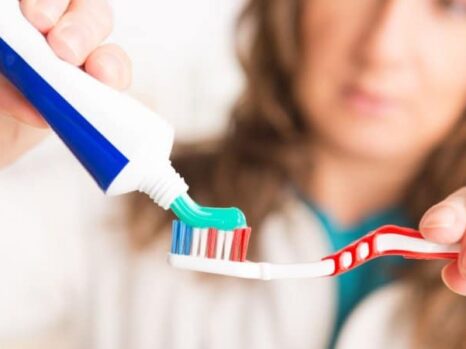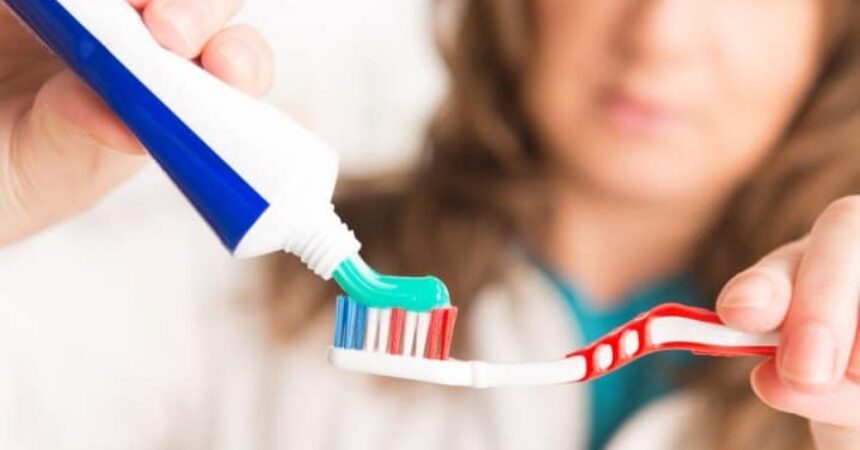Introduction:
In recent years, there has been a surge in the adoption of natural and organic products across various aspects of our lives, including oral care. Consequently, natural toothpaste has witnessed a significant upsurge in popularity as a viable alternative to conventional toothpaste. This article aims to provide you with valuable insights into natural toothpaste, encompassing its historical background, ingredient composition, oral health benefits, potential risks associated with conventional toothpaste, and tips for selecting the most suitable natural toothpaste to cater to your specific needs.
The History of Natural Toothpaste:
The utilization of natural ingredients for maintaining oral hygiene can be traced back several centuries. Ancient civilizations relied on substances like neem, myrrh, and charcoal to ensure oral health and cleanliness. However, it was during the 19th century that the modern concept of toothpaste emerged. Initially, toothpaste contained simple ingredients such as baking soda and hydrogen peroxide. As time went on, the market became flooded with toothpaste brands that incorporated synthetic chemicals and additives. It was only in the past decade that natural toothpaste experienced a resurgence, fueled by the demand for safer and more sustainable alternatives.
The Ingredients in Natural Toothpaste:
A fundamental differentiating factor of natural toothpaste lies in its reliance on plant-based and organic ingredients. Commonly found ingredients in natural toothpaste include baking soda, coconut oil, essential oils (such as peppermint or tea tree oil), herbal extracts, and minerals like calcium carbonate. These ingredients work synergistically to efficiently clean teeth, freshen breath, and promote gum health. Additionally, natural toothpaste often excludes artificial sweeteners, flavors, and fluoride.
The Benefits of Natural Toothpaste for Oral Health:
Natural toothpaste offers a plethora of benefits for oral health. Firstly, its ingredients are generally gentle on the teeth and gums, minimizing the risk of irritation and sensitivity. Secondly, many natural toothpastes possess antibacterial properties that aid in combating plaque and bacteria, thereby promoting healthier teeth and gums. Thirdly, the absence of artificial additives makes natural toothpaste a safer choice for individuals with allergies or sensitivities. Furthermore, certain studies suggest that natural toothpaste may contribute to restoring the natural balance of oral microbiota.
The Risks of Conventional Toothpaste:
Conventional toothpaste frequently incorporates ingredients that raise concerns. One of the most debated components is fluoride, added to prevent tooth decay. While fluoride has been proven effective in cavity prevention, excessive exposure can result in dental fluorosis or other health issues. Additionally, conventional toothpaste may contain artificial sweeteners, preservatives, and harsh detergents that can be abrasive or irritating to the oral tissues. By opting for natural toothpaste, you can minimize the associated risks linked to these potentially harmful ingredients.
How to Choose a Natural Toothpaste:
When selecting a natural toothpaste, several factors warrant consideration. Firstly, scrutinize the ingredient list to ensure it aligns with your preferences and addresses any specific oral health concerns you may have. Look for certifications such as USDA Organic or Natural Product Association to ensure the product meets certain standards. Additionally, take into account your oral health requirements—whether you need toothpaste for sensitive teeth, gum care, or whitening. Lastly, do not overlook the importance of reading reviews and considering recommendations from dental professionals or trusted sources.
Conclusion:
The ascent of natural toothpaste mirrors the growing consumer demand for safer and more environmentally friendly alternatives in oral care. By comprehending the historical background, ingredient composition, benefits, and risks associated with conventional toothpaste, individuals can make informed decisions concerning their oral health. Natural toothpaste presents a promising solution, with its plant-based ingredients, gentle formulations, and potential oral health advantages. By embracing natural toothpaste, we can prioritize both our dental well-being and the overall sustainability of our oral care routines.
FAQs
1- Is it OK to brush without toothpaste?
Brushing without toothpaste is better than not brushing at all, as it helps remove plaque and bacteria from the teeth. However, toothpaste provides additional benefits such as fluoride for cavity prevention and a fresher breath.
2- Why is natural toothpaste better?
Natural toothpaste is considered better because it often contains plant-based ingredients, avoids synthetic chemicals, and may be free from artificial sweeteners and flavors. It can be a safer and more environmentally friendly option for oral care.
3- Can salt whiten teeth?
Salt can act as a mild abrasive and has some whitening properties, but it is not as effective as professional teeth whitening treatments or whitening toothpaste. It is best to consult with a dentist for safe and effective teeth whitening options.
4- How can I clean my mouth without toothpaste?
To clean your mouth without toothpaste, you can use water to rinse thoroughly, practice proper brushing techniques with a toothbrush, and consider using a tongue scraper to remove bacteria from the tongue.
5- How can I reduce the yellowness of my teeth?
Professional teeth whitening treatments, such as bleaching or laser whitening, can effectively reduce the yellowness of teeth. Additionally, maintaining good oral hygiene, avoiding tobacco and staining foods, and using whitening toothpaste can help minimize tooth discoloration.










